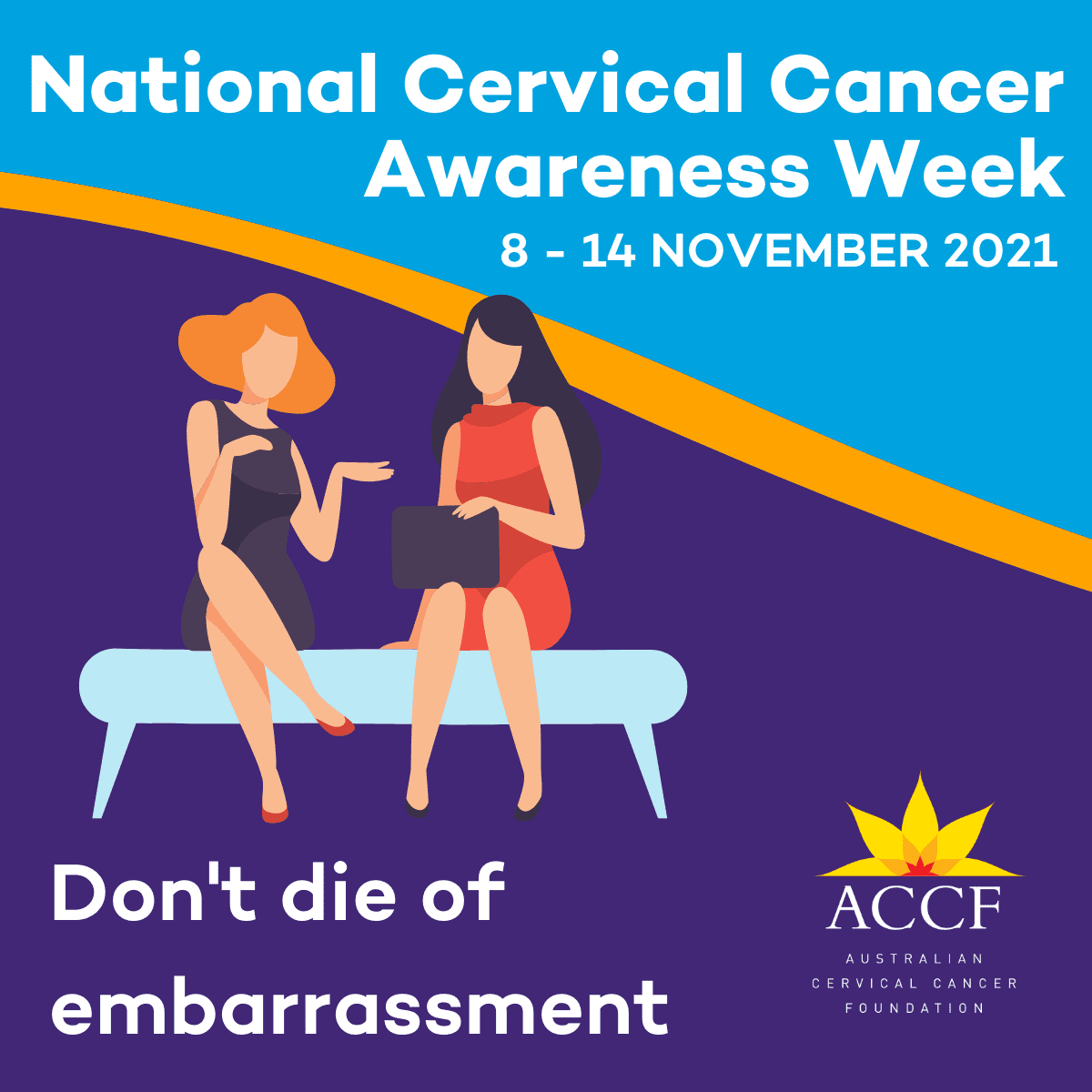MPHN push for cervical screening rate to increase
Murrumbidgee Primary Health Network (MPHN) is reminding people this National Cervical Cancer Awareness Week (7-13 November) the benefits of regular and early cancer screening and check if their screening is up to date.
MPHN Senior Manager Population Health Planning and Data Dr Jason Bennie (PhD) said cervical screening participation rates for the Murrumbidgee are significantly lower when compared to the national rates.
"The most recent data suggests cervical cancer screening participation rates in the Murrumbidgee region have dropped by just over 15 percent in the last five years. While, these data do not tell us the key reasons for this decline in screening rates, it does tell us it’s time to remind people to check on their cervical cancer screening status,” Dr Bennie said
Dr Gracy Gouda from Trinity Medical Centre said December 2022 marks five years since the National Cervical Screening Program (NCSP) change to the five-year cervical screening program from the biennial Papanicolaou (Pap) smear test.
“The new test detects human papillomavirus (HPV), a common virus that is transmitted sexually and has more than a 100 genotype. The high risk types of HPV, mainly 16 and 18, cause the majority of cervical cancers and HPV16 being by far the most dangerous type causing more than 70 percent of cervical cancer. An HPV test every five years is more effective, just as safe, and is expected to result in a significant reduction (24%-36%) in the incidence and mortality from cervical cancer in Australian women, compared with the program it replaced,” Dr Gouda said.
“Any woman aged 25-74, with a cervix, that has ever been sexually active, whether she had the HPV vaccination or not, will highly benefit from cervical cancer screening. The five-yearly program is based on patients with negative HPV results being considered as low risk patients. Positive HPV with or without features of cervical cell changes will undergo a different follow up schedule and might need further tests such as a colposcopy and a biopsy.
“Most cervical cancers occur in people who have never screened or do not screen regularly. Having regular screening tests is the best way to prevent and/or early detect and treat cervical cancer. So please get screened, and see your GP even if you have screened negative but still have vaginal symptoms. It can save your life."
Click here to find a local healthcare provider near you or here to learn more about the National Cancer Screening Program.
